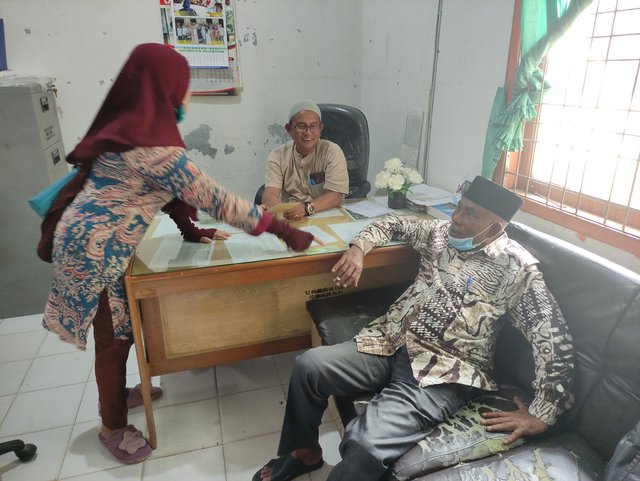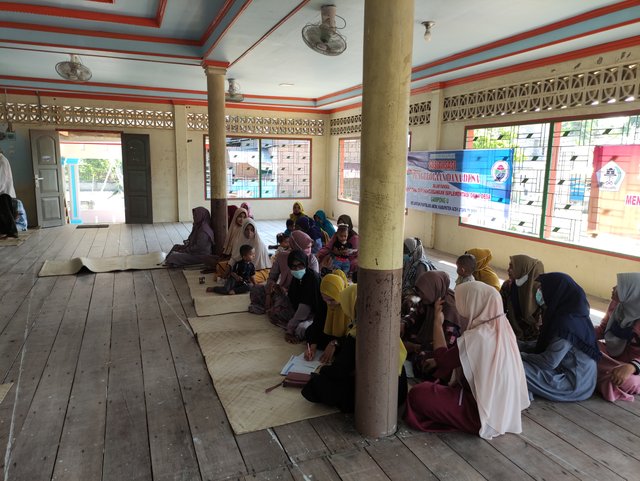#solarsteem | Recommendations for sustainable development to be made in the village

Village development is the main key to realizing the recommendations of the SDGs themselves, starting from paying attention to equal and accessible education, creating an inclusive learning environment, and promoting inclusive economic growth.
The development and empowerment of rural communities cannot be separated from the involvement of community components in three things, namely starting from the planning stage, implementation to the supervision stage.
Village development aims to improve the welfare of the village community and the quality of human life as well as poverty alleviation through basic needs, development of village facilities and infrastructure, development of local economic potential, and sustainable use of natural and environmental resources (Article 78, Paragraph 1 of the Village Law No. 16 /2004)
The Village Regulation, PDT & Transmigration No.21/2020 concerning General Guidelines for Village Development and Village Community Empowerment also mandates that village community development must be participatory and inclusive.

In line with Village Sustainable Development Goals (SDGs Desa), the goal of development is not to leave any benefits for villagers. The goals include ending all forms of poverty, eliminating hunger, ensuring a healthy life, ensuring the quality of education, achieving gender equality, and also ensuring the availability of clean water and sanitation.
The goals directed at fulfilling regional development include the availability of affordable energy, economic growth, resilient infrastructure, reduction of inequality, inclusive settlements, sustainable production, and consumption, and rapid action to address climate change, marine resources, and terrestrial ecosystems.
There are three forms of social inclusion that target marginalized individuals and groups (Rais, 2017). First, there is an acknowledgment of the existence of customary law communities to administer a government based on the rights of origin and original structure.

This recognition of the existence of customary law communities, in turn, provides an opportunity to participate in the development and empowerment of the village community in general. Second, is the birth of opportunities for the poor and women to participate in the development and empowerment of rural communities. Third, social inclusion is also intended for all villagers without exception, including those who have been marginalized.
| 𝐬𝐮𝐜𝐜𝐞𝐬𝐬 𝐰𝐢𝐥𝐥 𝐛𝐞 𝐨𝐛𝐭𝐚𝐢𝐧𝐞𝐝 𝐛𝐲 𝐚 𝐭𝐫𝐮𝐞 𝐩𝐞𝐫𝐬𝐨𝐧 |
|---|
Cc : @pennsif @steemcurator01

| regards @miftahuddin |
|---|